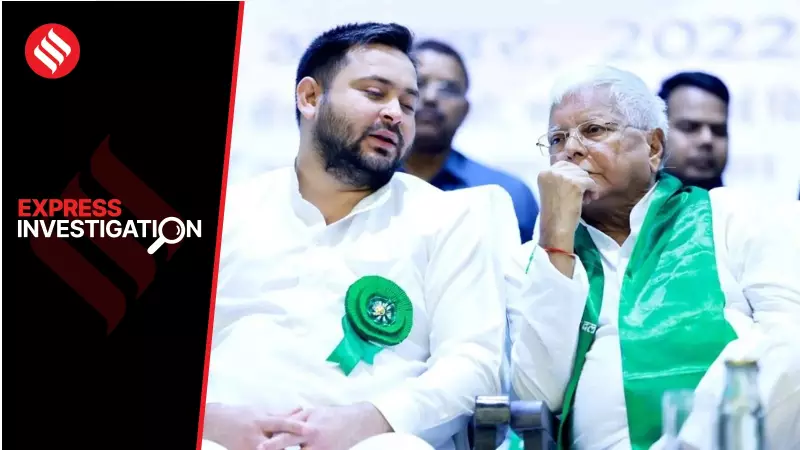
In a revealing analysis of political dynasties in India, Bihar emerges as a significant hub for family-dominated politics, with the Rashtriya Janata Dal (RJD) leading the pack. According to an exclusive investigation, a staggering 42% of RJD's outgoing Members of Legislative Assembly (MLAs) come from political families, highlighting the deep-rooted nature of dynastic politics in the state.
The Dynasty Dominance
The data paints a compelling picture of political inheritance in Bihar's electoral landscape. Following closely behind RJD are the Janata Dal (United) and the Congress party, both demonstrating substantial representation from political dynasties. This trend raises important questions about meritocracy and equal opportunity in Indian democracy.
Beyond the Numbers
What makes this phenomenon particularly interesting is how it contrasts with the public positioning of these political parties. While many parties campaign on platforms of social justice and equal opportunity, their candidate selection tells a different story—one where family connections often trump grassroots political experience.
The Bigger Picture
This pattern isn't isolated to Bihar alone but reflects a broader trend across Indian politics. The perpetuation of political dynasties has significant implications for:
- Democratic representation and diversity of voices
- Grassroots leadership development among common citizens
- Political party internal democracy and merit-based advancement
- Youth participation in politics beyond established families
What This Means for Voters
As Bihar continues to be a crucial battleground state in Indian politics, the dominance of political families could influence voter perception and electoral outcomes. The data provides voters with crucial insights into the composition of their political representation and the forces shaping their democratic choices.
The findings come at a time when political discourse increasingly focuses on the tension between experienced political lineages and fresh faces from non-political backgrounds. As India's democracy matures, the conversation around dynastic politics is likely to intensify, making such data-driven analyses increasingly valuable for understanding the evolving nature of political representation.





